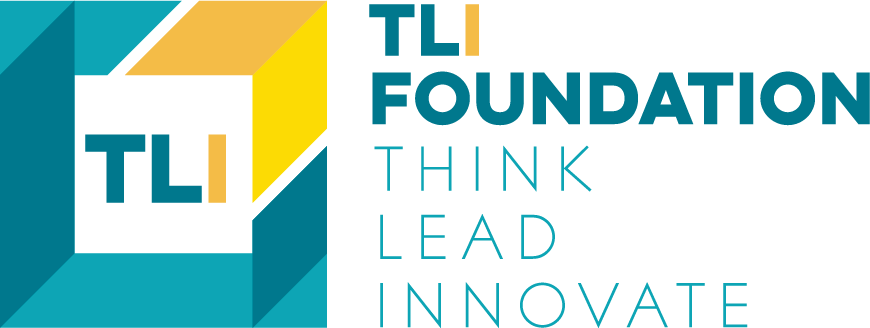Understanding Readiness
What is Readiness?
Intuitively readiness is a simple concept that applies to individuals and groups in many settings. Only detectable in retrospect, performing well is evidence of having been ready. Judging the degree of readiness requires agreement on what constitutes adequate (or excellent) performance.
Readiness is the responsibility of the person individually who and group collectively that faces the future. To get ready consumes time, thought, and resources. Academically average high school seniors from powerful families growing up affluent and privileged are more likely to be ready for college than stoic students struggling to catch-up from disenfranchised families and communities burdened with poverty.
Readiness is as much about forethought, timeliness, and specificity as it is about motivation, opportunity and access to resources.
Ideally, readiness activities are purposeful, productive, economical, and tightly focused to build the capabilities and capacities to rapidly and accurately detect, assess, and respond to circumstances as they unfold in order to achieve the desired outcomes. Ideally, we would have the insights, tenacity, time and resources necessary to get ready. Then over a lifetime, we would have been continuously preparing our minds, bodies, and spirits to connect positively with others, to find meaning in our lives, and to pursue happiness.
In practice readiness is complex. Sometimes we don’t think beyond our monotonous daily routines to look for what might come next. We might hold too dearly to an impossible fantasy of our future. We may be caught completely unaware of what comes next. We may be hamstrung preparing to perfection. And we may not know how to prepare for the unthinkable disaster or emergency.
To get ready we must think about what does or could come next. We need to know what we and others expect of us. We need to know what and how to get ready. We need resources. We must accept that we are always getting ready and like it or not we are as ready as we could be when the future becomes our present.
The Thought Leadership & Innovation Foundation (TLI) developed a way for the vital parts of the U.S. military to critically examine human readiness. In the U.S. military “measurable units” assess their force’s readiness in terms of equipment and personnel. To quantify measurable unit readiness, the hardware is counted, and the number of personnel and training status verified against tables of organization and equipment. Traditional, beyond these simple metrics, unit commanders, who are responsible to know their troops’ individual readiness to perform, have relied on checklists and experience to know who is ready.
But is that enough?
In recent work TLI helped the U.S. military conceptualize how the chaos and complexity of military missions and the impact of deployments on the home front were blind spots without objective data preventing systematic assessments of what factors within the nature of military service might be associated with evidence of the sufficiency of mission performance or the growth/decay of personal capabilities and capacities. TLI proposed that measuring readiness was feasible and when combined with improvement science, could demonstrate which readiness improvement strategies (e.g. policies, systems, metrics) actually work. TLI proposed solutions to policy, practice, and infrastructures that if implemented would complement the rich experiential knowledge of what it takes to lead ready troops.
TLI’s approach to military readiness is evidence-based, respectful of the rich traditions of the branches of service, and above all parsimonious. Decisions to collect and analyze pertinent data about inputs, costs, and outputs to drive greater effectiveness into programs must be designed to scale up and perform well under real operational stressors.
TLI posits that the value of measuring point-in-time human readiness is judged only in relationship to the outcomes the government needs across the phases of the deployment cycle and over the careers of servicemembers. Personal cognitive, physical and spiritual capabilities, if recorded as elements of assigned or designed fitness would have to be known to build essential capabilities that enhance performance within a mission and over deployment and career.
TLI’s recommendations included the need to: measure mission performance to define pre-mission readiness expectations; conceptualize mission readiness in terms of assets and not just deficits; combine experiential wisdom with that gained from the study of in-mission performance and pre-mission readiness data; establish military phenotypes for use by all components; address emerging fields impacting readiness such as doping, sleep, mental toughness, spiritual readiness, moral injury; and develop a simple personal human readiness index.
For the U.S. military, TLI has taken a dive deep into the current academic and grey literature looking for potential measures mind, body, and spirit readiness. We understand the field and know its strengths and weaknesses. The thoughtful application of the principles can help individuals, communities, schools, and business succeed.
Are you ready to learn if your people are ready?
About TLI Foundation:
TLI Foundation is a nonprofit foundation focused on driving innovative thinking and action on global issues relating to health, education and economic empowerment. The organization is committed to fostering transformative change and improving the health and well-being outcomes of communities around the world. Visit https://www.thoughtfoundation.org
